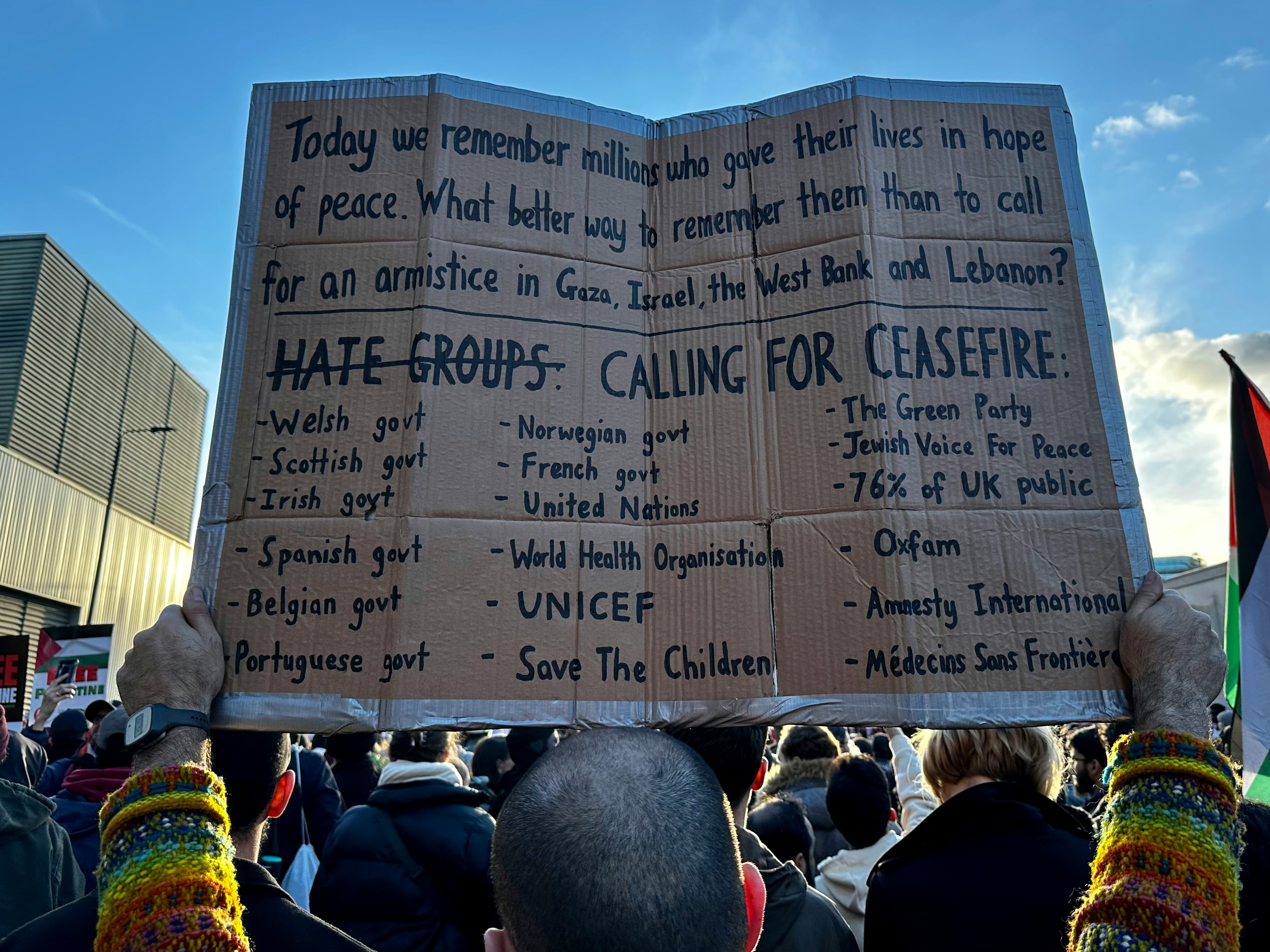Israel's Ceasefire Plan With Gaza Sparks Political Controversy

An aide to Israeli Prime Minister Binyamin Netanyahu confirmed on Sunday that the country has agreed to a ceasefire plan in Gaza proposed by U.S. President Joe Biden. This significant diplomatic move includes a six-week pause in fighting, the withdrawal of Israeli troops from densely populated areas in Gaza, and a prisoner exchange involving women and elderly Israeli hostages for Palestinian detainees.
Details of the Ceasefire Plan
The ceasefire plan outlines several critical steps aimed at de-escalating the ongoing conflict in Gaza. The primary component is a six-week cessation of hostilities, intended to provide a window for humanitarian aid and diplomatic negotiations. Additionally, the plan requires the withdrawal of Israeli military forces from areas of Gaza with high civilian populations. This move is aimed at reducing casualties and creating a safer environment for residents. A crucial element of the agreement is the release of women and elderly Israeli hostages in exchange for Palestinian prisoners, which both sides hope will build mutual trust and goodwill.
Political Reactions within Israel
The announcement of the ceasefire plan has triggered a wide range of political reactions within Israel. While some political factions have welcomed the move as a necessary step towards peace, others have expressed significant reservations. The reactions reflect the deeply divided opinions on how to handle the conflict with Gaza, with security concerns and humanitarian considerations at the forefront of the debate.
Far-Right Ministers' Opposition
Two far-right ministers in Netanyahu’s government have vocally opposed the ceasefire plan, threatening to resign if it proceeds. Their opposition stems from a belief that the plan compromises Israel’s security and sovereignty. These ministers argue that withdrawing troops and releasing prisoners under current conditions may embolden militant groups in Gaza and lead to further violence. The potential resignation of these ministers poses a serious threat to the stability of Netanyahu’s governing coalition.
Implications for Netanyahu’s Government
The threatened resignations could have profound implications for Netanyahu’s government. The coalition is already fragile, and the loss of these ministers could collapse it entirely, leading to a potential government crisis. Netanyahu faces the difficult task of balancing the need for security with the political necessity of maintaining a stable government. This internal conflict highlights the broader challenges of navigating Israel's complex political landscape during times of crisis.
International Perspective
International reactions to the ceasefire plan have been generally positive, with many global actors expressing hope that this agreement will lead to a more lasting peace. The United States, in particular, has been a strong advocate for the plan, seeing it as a critical step towards stability in the region. However, there are also concerns about the plan’s feasibility and the challenges of ensuring its implementation given the volatile situation on the ground.
Unresolved Details and Future Steps
Despite the agreement, many details remain unresolved. The exact mechanisms for the withdrawal of troops and the logistics of the prisoner exchange still need to be worked out. There are also questions about how to ensure compliance from all parties involved. These unresolved issues highlight the complexity of the situation and the potential obstacles that could hinder the plan's success.
Conclusion
The confirmation of Israel’s agreement to the ceasefire plan marks a significant moment in the ongoing conflict with Gaza. However, the political controversy it has sparked within Israel underscores the challenges of pursuing peace in a highly divided and volatile environment. As the international community watches closely, the next steps in implementing the plan will be crucial in determining whether it can bring about a lasting cessation of violence and pave the way for future stability in the region.
Author: Gerardine Lucero
The Self-Destructive Nature Of Anti-Tourism Protests: Balancing Resident Concerns With Tourism Benefits
In recent years, anti-tourism protests have become increasingly common across popular tourist destinations. From the Bal... Read more
Military And Strategic Implications Of The Ukrainian Drone Attack In Kursk
On a recent morning, the Kursk region in south-western Russia witnessed an unexpected and significant event: a Ukrainian... Read more
Chinese Tech Stocks Gain Ground Despite Wall Street Technology Sell-Off
Chinese tech shares in Hong Kong gained on Friday, defying a technology stock sell-off on Wall Street, driven by strong ... Read more
Defense Pact Between Britain And Germany: A Focus On Cybersecurity And Joint Operations
In a move set to redefine European defense collaboration, Britain and Germany have signed a comprehensive defense pact a... Read more
US Secret Service Director Steps Down After Trump Assassination Attempt
Security lapses admitted by Kimberly Cheatle prompt resignation.Kimberly Cheatle, the head of the US Secret Service, has... Read more
Kamala Harris Promises A Brighter Future In Official Campaign Launch
In a vibrant and impassioned campaign launch, Vice President Kamala Harris vowed to lead America toward a "brighter futu... Read more

